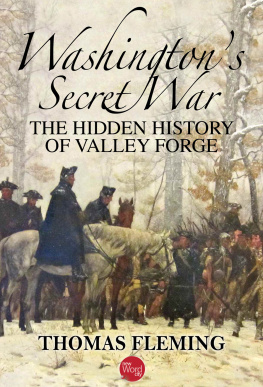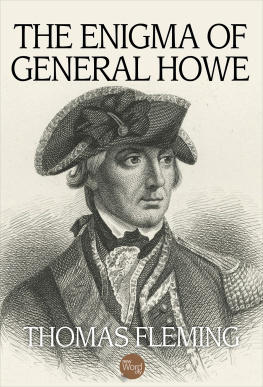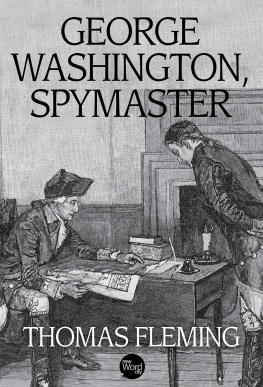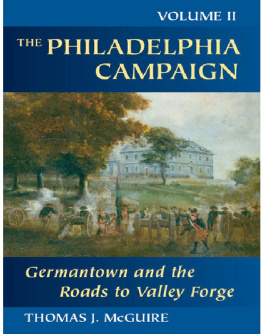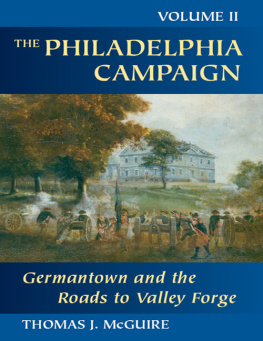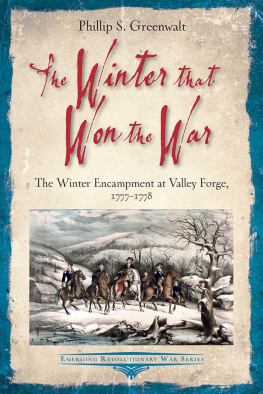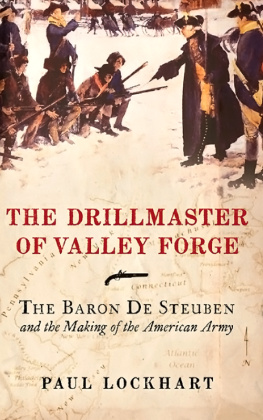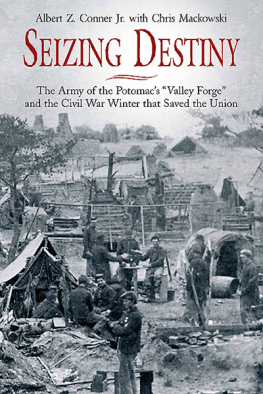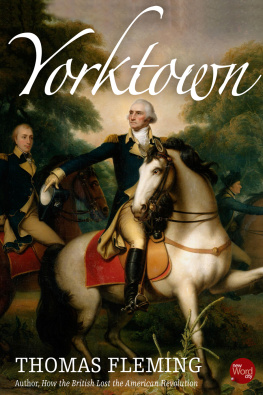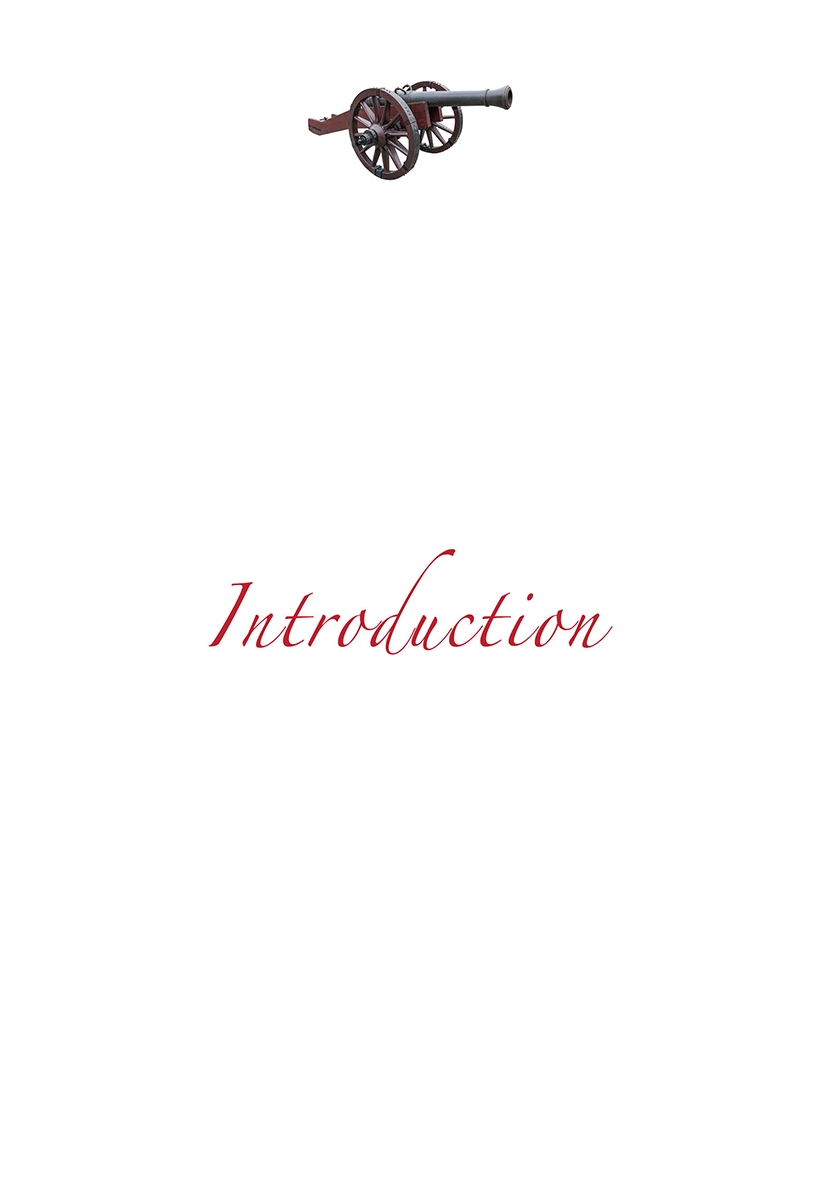After forty years of reading and writing about the American past, I have reached one undebatable conclusion: History is full of surprises. Not many readers realize that historians are sometimes among the surprised. A book that seems relatively simple to create turns out to have hidden conflicts and unexpected insights into major characters that seldom appear in previous accounts of the drama. That is the story behind this book on Valley Forge, which I think will surprise readers as much as it has surprised me.
As I began to research the subject, I assumed my theme would be the clash between history and memory. With more than a dozen books on the American Revolution on my escutcheon, I already knew more than a little about Valley Forge. I looked forward to reporting on recent research that exploded myths about the freezing weather, the reasons for the soldiers nakedness and starvation, and the ethnic composition of Washingtons army.
The overarching drama, as I saw it, was still the stubborn endurance of Washingtons soldiers and their emergence from the ordeal with their patriotism enriched by a new sense of solidarity. I hoped to enlarge this portrait with fresh, presumably vivid details.
As my files began to bulge with data from diaries and letters, archives and collections, the surprise began to emerge before my disbelieving eyes. There was another explanation for the Continental Armys survival at Valley Forge - one that added an unexpected personal element to the story.
A new George Washington - or at least a new side of this often oversimplified man - gathered force and substance in my flies. This Washington was not the long-suffering general who did little in the six months at Valley Forge but bemoan the condition of his starving, half-naked army in letters to state governors and Continental congressman. He was a man who confronted not only the threat of his armys collapse, he also resisted the ruin of his reputation as a leader and a patriot, and struck back at his enemies with ferocity and guile.
Even before his shoeless, shirtless, blanketless soldiers trudged to Valley Forge, General Washington was under savage attack by critics in the Continental Congress and in the upper ranks of his army. While the Americans headed for their bare bones winter camp in the bleak hills, twenty miles away, the British army was luxuriating in Philadelphia, the American capital that Washington had failed to defend.
More and more people concluded it was time to replace this fallen idol with a more reliable and experienced general. How Washington responded to these attacks, the way he identified and challenged or outmaneuvered his clandestine enemies and found allies in the Continental Congress began to evoke a word in my mind: politician.It troubled me at first. Washington is usually portrayed as a man who transcended politics. For too many Americans, politician connotes trickster, grandstander, schemer.
The political Washington who was emerging from my research was none of the above. He was a good politician in every sense of the word. Shrewd and tough when he needed to be, he was also adept at forming alliances with men like Henry Laurens, the president of the Continental Congress, who began as one of his critics.
Washington never lost sight of his goal, which was not a petty personal triumph over his adversaries but the rescue of his army, which he rightly saw as Americas sole hope of victory in a long, bloody war. To achieve that aim, he had to outthink the conspirators who sought to destroy him and persuade others to outvote the congressional ideologues whose wrongheaded policies were the source of the Continental Armys woes.
In the end, Washington forced the naysayers and name callers to accept new men and new measures, selected and conceived by the embattled commander in chief. He also put an end to the slanderous campaign against his personal reputation, which was endangering the army almost as much as incompetence and ignorance in high places.
Washingtons success in this secret war is all the more amazing because he achieved it while managing to keep the Continental Army from

